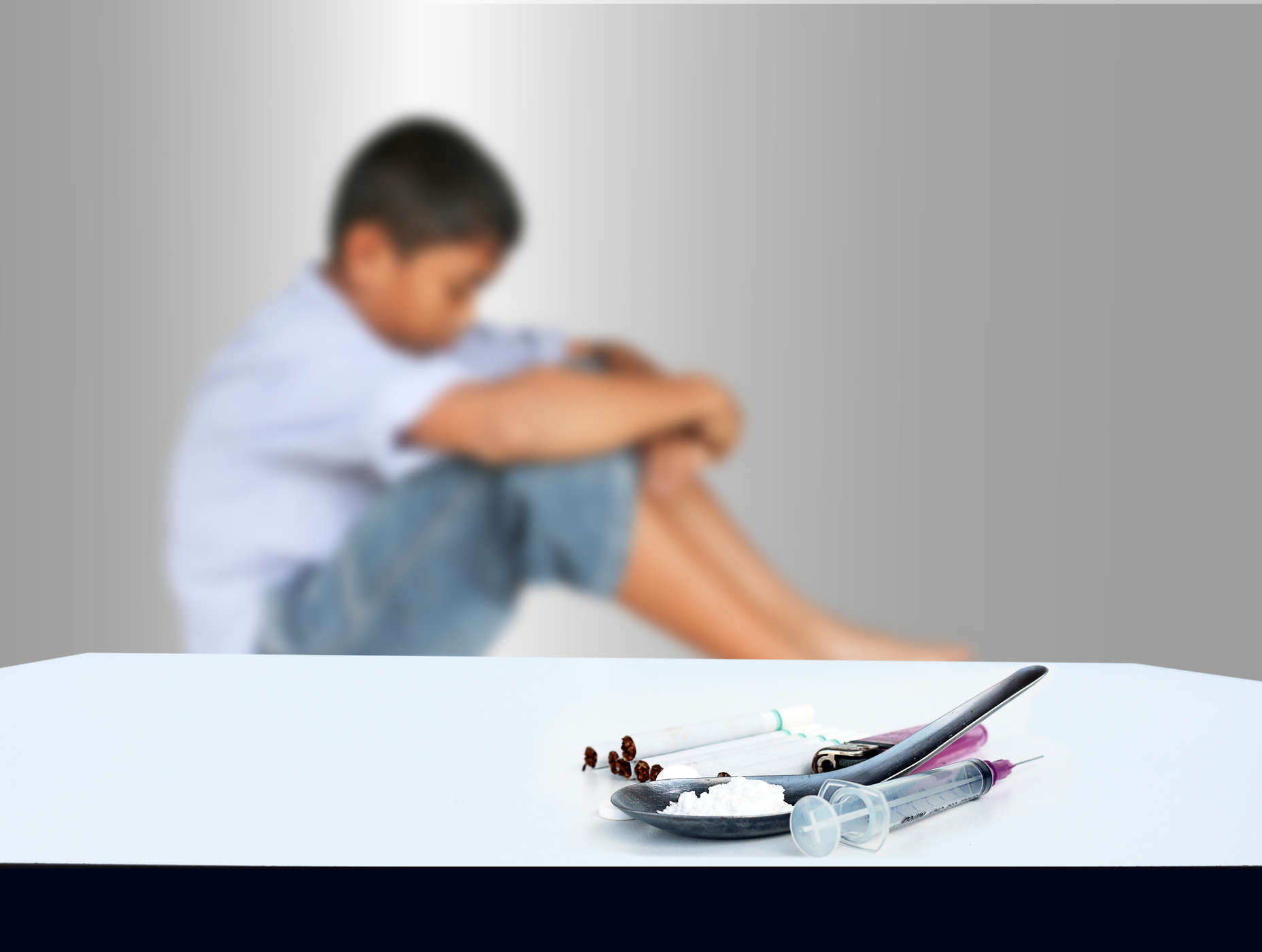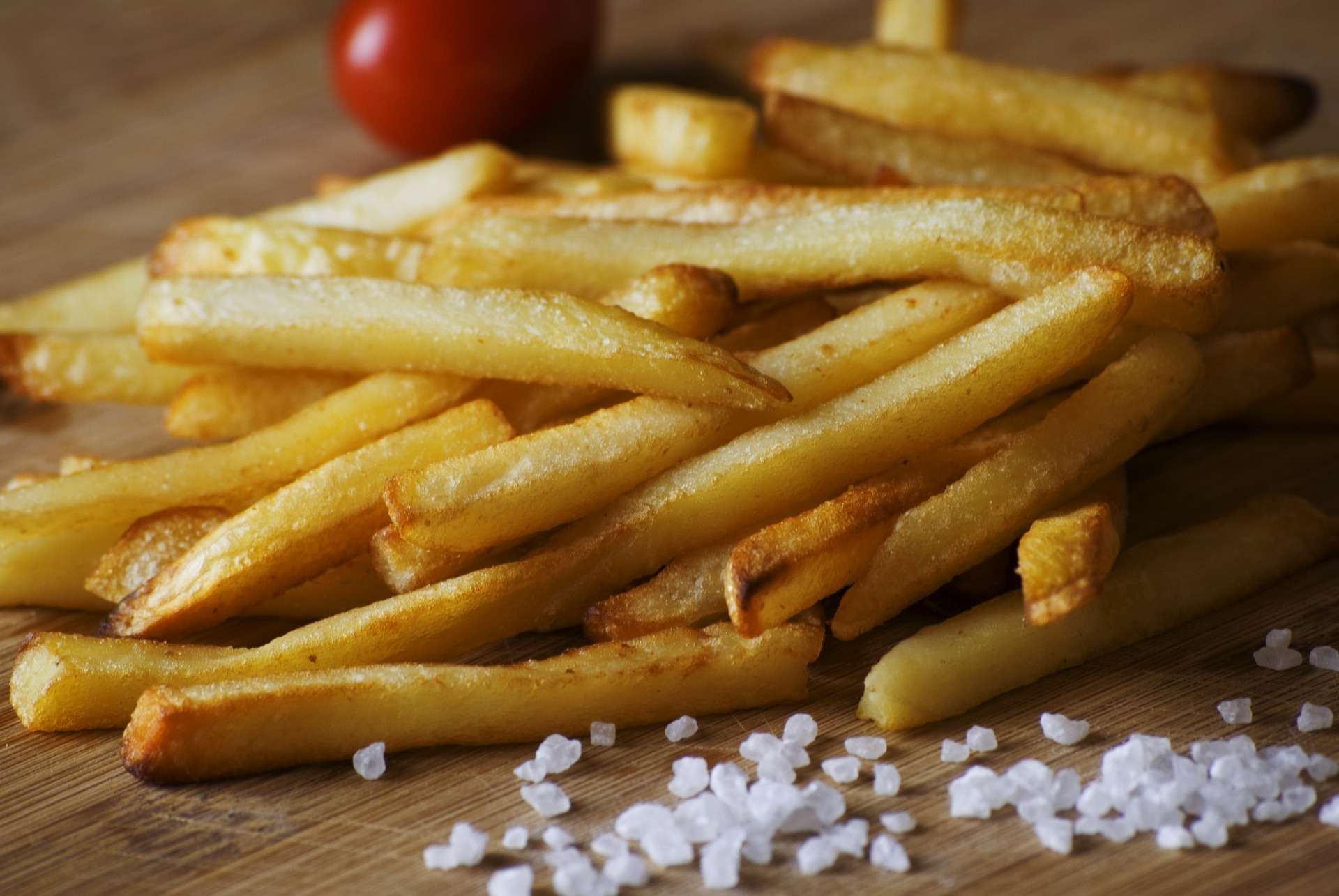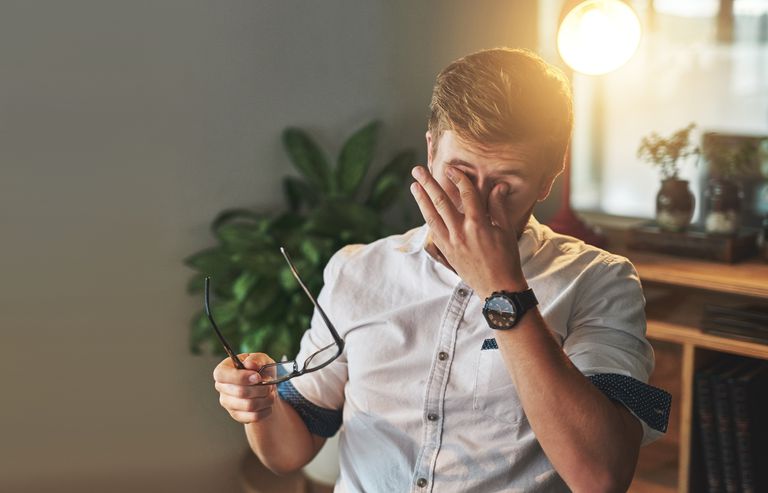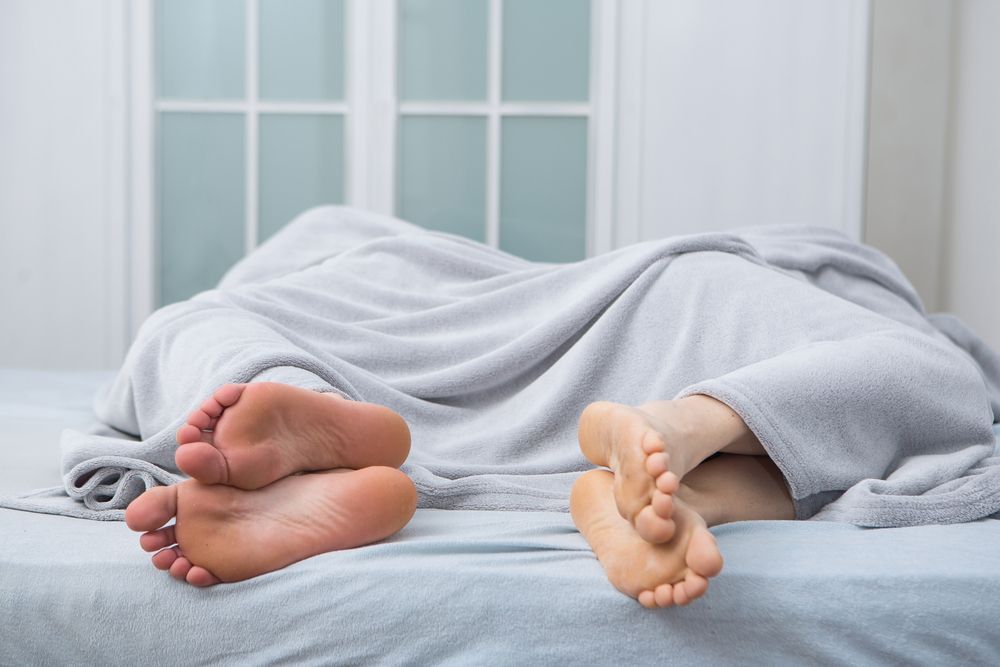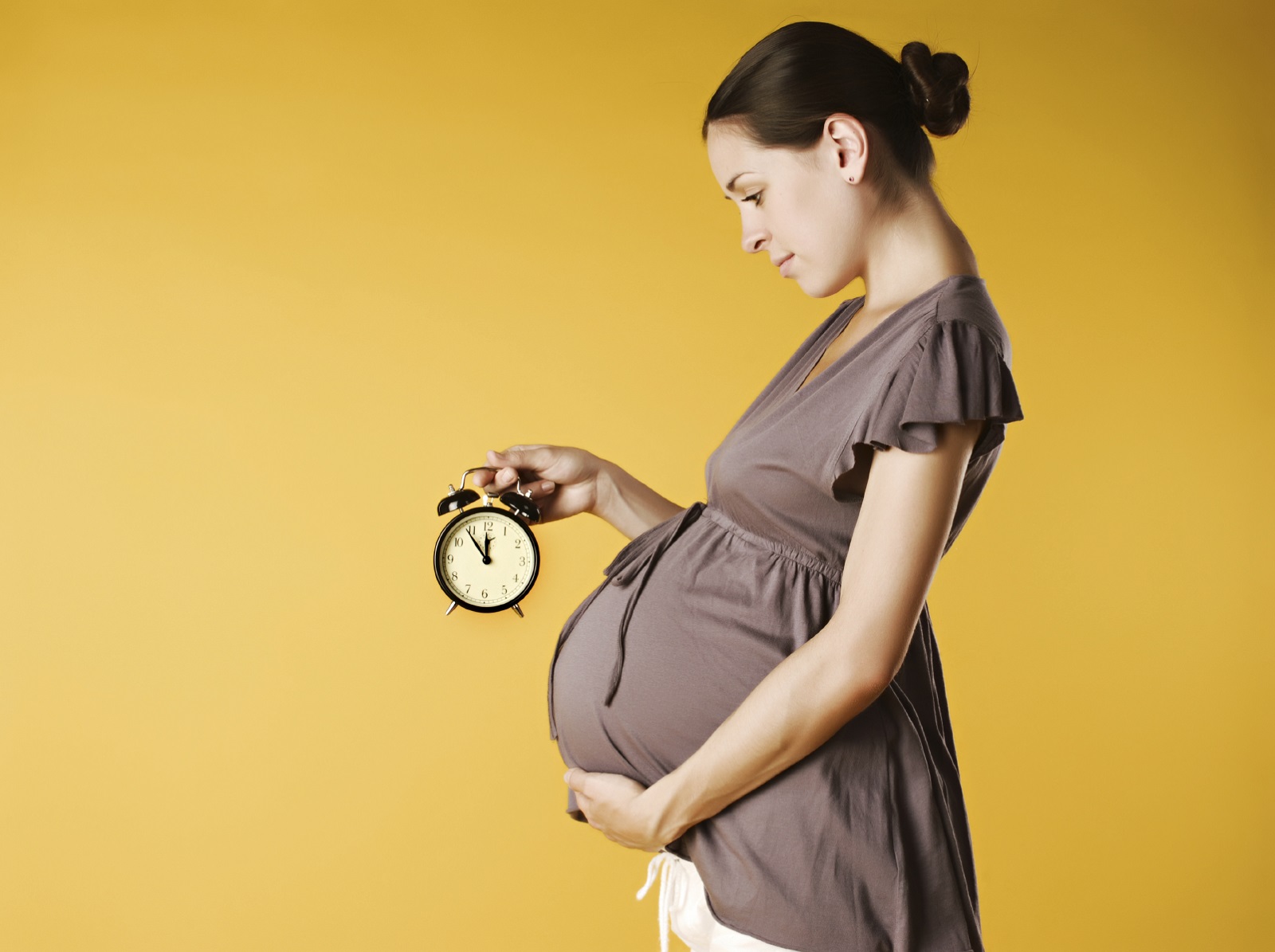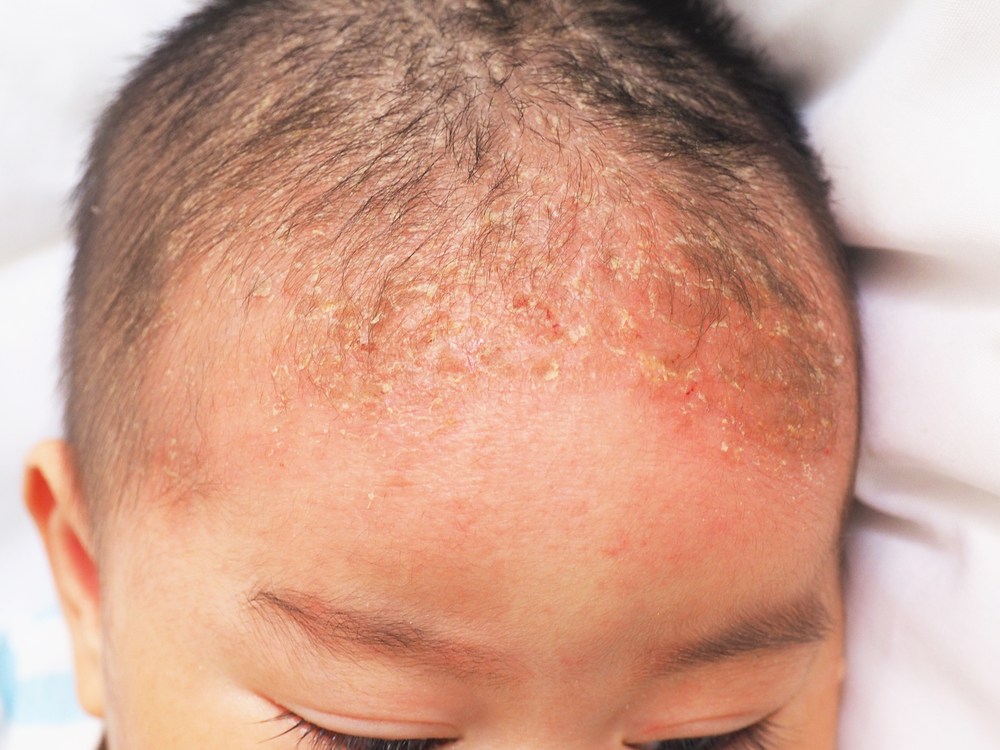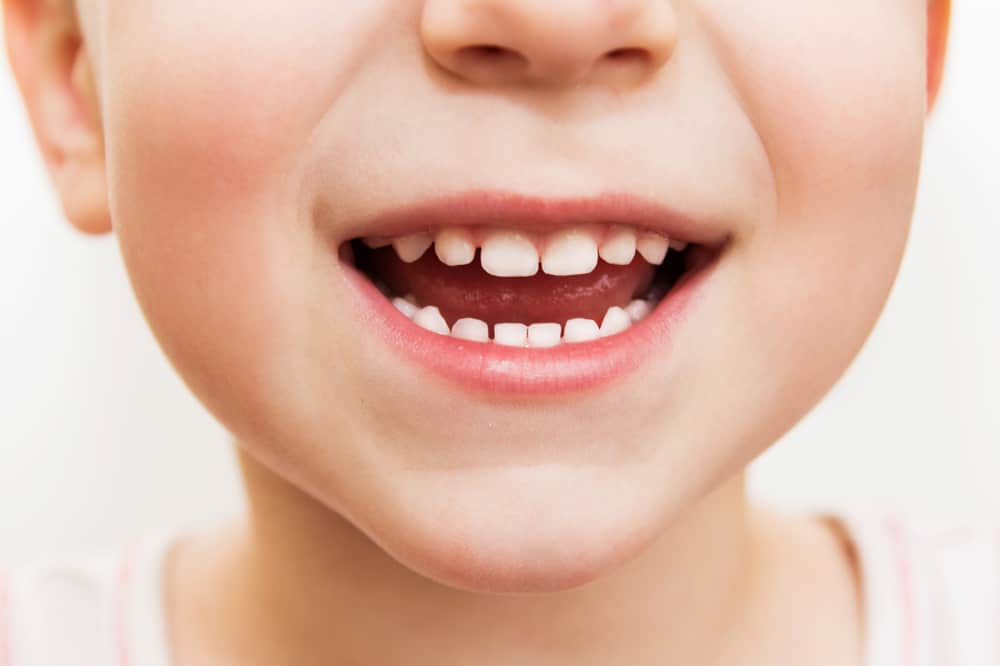Contents:
Medical Video: Risk factors for drug use and drug abuse
Reporting from Compass, based on data from the National Narcotics Agency (BNN), the number of drug users in Indonesia until November 2015 reached 5.9 million people. Approximately 22 percent of the total drug users are children and adolescents of school age.
Narcotics abuse is no longer a new phenomenon among school children, and seems to be more widespread than experts and parents might suspect. There is statistical evidence that the first contact of a child with drugs generally starts in grades 6 to 8 (ages 12-14 years).
What triggers teenagers to become drug users?
Most children's first contact with drugs begins with the use of experimental drugs in social situations.
Several factors play a role in drug abuse, including family problems and peer influence, overall mental health, and family history of opiates.
Research has shown that people who start experimenting at a young age have a higher chance of becoming addicted later on. This is why it is important to see signs of substance abuse in adolescents and early young adults. Most individuals begin to abuse at least one substance before becoming a complete addict.
There is a fine line between ordinary use and drug abuse and addiction. Very few addicts are able to recognize when they have crossed the line. While the frequency or amount of medication consumed is not always drug abuse or addiction, both of these are often used as indicators of drug-related problems.
When should parents be alert?
There is no easy way to really find out if your child uses narcotics or alcohol. Many signs and symptoms of narcotics abuse have characteristics similar to typical teenage behavior in general. There are also many signs and symptoms of abuse that are similar to mental health problems, such as depression or anxiety disorders.
Recognizing the initial signs allows parents to intervene before their teenagers develop from abuse to dependency.
Here are some warning signs to watch out for:
Physical and health signs of drug addicts
- The eyes are red, the pupils are smaller or larger than normal
- Nauseous vomit
- Cold without cause
- Often sick
- Mouth complaints, spots appear around the mouth
- Headache
- 'Cotton mouth', often moisturizes lips or excessive thirst
- Depression
- Excessive sweating
- Skin wounds or bruises
- Frequent nosebleeds, which are related to drugs that are smoked through the nose (such as methamphetamine or cocaine)
- Changes in appetite or sleep patterns. Sudden and drastic increase or decrease in weight
- Seizures without epilepsy
- Declining appearance and personal hygiene: looking dirty, messy, showing a lack of concern about appearance
- Impaired coordination, injuries / accidents / bruises that they do not want / can tell you why, or even they themselves do not know the cause
- A strange smell that smells of breath, body or clothes
- Trembling, tremor, speech slurred or cannot be understood. Damaged or unstable coordination
- Blushed face and cheeks
- Scars or snaps in the arms or legs (can be hidden by forcing long sleeves, even on very hot days)
- Burns or burns on the fingers or lips (from burning marijuana cigarettes or sucking other substances)
Behavioral and psychological signs of drug users
- Skipping school, report card grades decline, often having problems at school
- Motivation decreases, both academically and extracurricular, hobbies, sports, or arts
- Reports of complaints from teachers or other friends
- Losing money, valuables, prescription drugs, borrowing and stealing money
- Close yourself, keep quiet, isolate, engage in suspicious activities
- Rebel with family values and principles
- Force to get more privacy, lock the door, and avoid eye contact
- Sudden changes in relationships with girlfriends, friends, favorite playgrounds, or hobbies
- Always involved in problems (arguments, arguments, accidents, illegal activities)
- Routinely use perfume, room cleaners, or aromatherapy incense, to hide the smell of smoke or drugs
- Routinely using eye drops, to hide red eyes and enlarged pupils
- Gritting teeth, yawning gum to hide bad breath
- Increased appetite, or snacking more often
- Always go at night
- Driving recklessly
- Can't hold back
- Mood changes or emotional instability
- Irritating, hard behavior
- Clumsy and awkward as usual, lack of coordination and balance
- Moody, withdrawing, depressed
- Unusual fatigue
- Hostile attitude, irritability, uncooperative behavior
- Deceptive or secretive
- Make endless reasons
- Slow or dazed movement continuously
- Speaking slurred, slurred, or very fast, until it is incomprehensible
- Difficulty to focus
- Hyperactive
- Looks very scared, paranoid, or nervous
- Extraordinarily happy
- Period of difficulty sleeping or high energy, followed by periods of continuous sleep
- Go without being known for a long time
- Changes in attitudes and behavior in general
It is important to pay attention if there are some signs and symptoms that occur at the same time, if they occur suddenly, and if the behavior is classified as extreme.
How to ask the child whether he is a drug user
If you suspect changes related to drug abuse as above, don't be afraid to come directly and ask questions to your teen, such as "Have you been offered drugs?" If yes, "What are you doing?" Or "Are you have you taken or used medicine? "
Although no parent wants to hear "yes" for questions like this, it's good to prepare for it. Decide at the beginning, how you will respond to the "yes" answer. Make sure you convince your child that you will take care of him, and you only want the best for his life.
Of course, not all teenagers will recognize drug abuse that they do, and "no" can also mean your child needs help with mental health problems. That's why experts strongly recommend that you consider getting a professional assessment of your child's condition with a pediatrician or psychologist to find out what really happened.
In the case of teenage drug users, don't be afraid to err for alertness. Working with professional people to help your teenager is the best way to ensure he has a healthy future.

